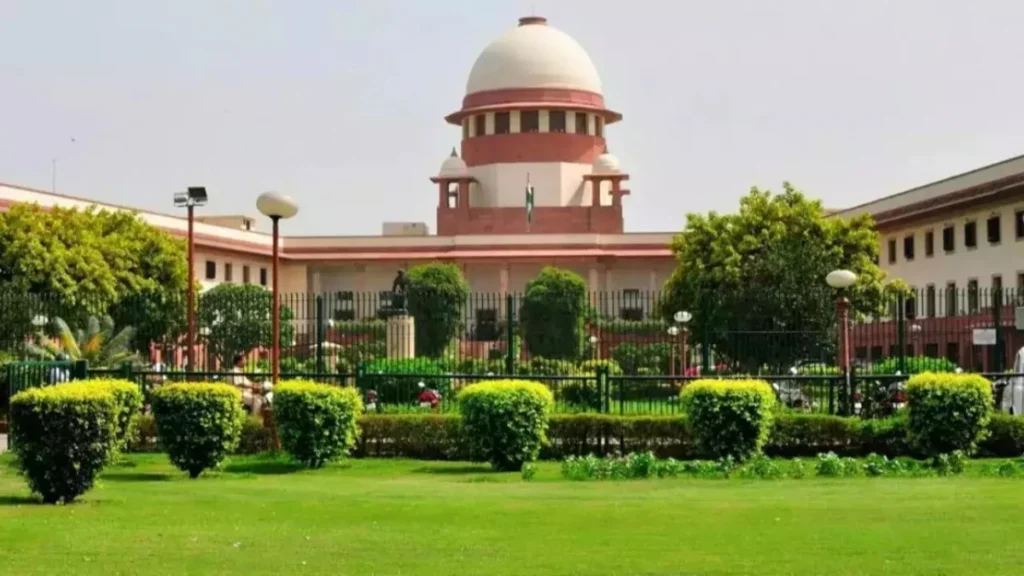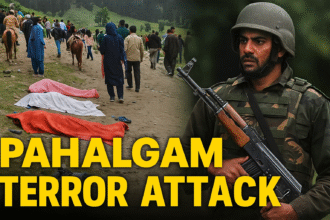Introduction
When it comes to democratic processes, every vote counts. This sentiment was put to the test in the aftermath of the Chandigarh Poll Recount mayoral election in January, where the Bharatiya Janata Party (BJP) claimed a surprising victory. However, controversy ensued when eight votes. All in favor of the Aam Aadmi Party (AAP). Were discarded by the Returning Officer. Anil Masih. This decision. Caught on camera, sparked outrage and led to a legal battle that ultimately reached the Supreme Court.
Background of the Chandigarh Mayoral Election
Chief Justice DY Chandrachud and a bench of justices took up the case. Examining the disputed ballots and the actions of Anil Masih. The court’s scrutiny revealed that the discarded votes were indeed marked in favor of the AAP candidate, Kuldeep Kumar. Anil Masih had marked these ballots as invalid, citing supposed defacement, but the court questioned the validity of this claim.

Supreme Court’s Intervention
During the court proceedings, senior advocate Abhishek Singhvi, representing Mr. Kumar, argued vehemently against Masih’s actions, labeling them as contempt of court. Singhvi pointed out the gravity of the situation, emphasizing that Masih’s actions, captured on video, were an affront to the integrity of the electoral process.
Analysis of the Ballot Papers
The controversy surrounding the Chandigarh Poll Recount mayoral election escalated when the video of Anil Masih marking the ballots surfaced online. The footage, replayed in the courtroom, provided damning evidence of wrongdoing, prompting the Supreme Court to intervene. Chief Justice Chandrachud, in his observations. Direct a recount of the votes. Insisting that the discard ballots be treat as valid.
Legal Arguments and Court Proceedings
The Supreme Court’s decision to order a recount in the Chandigarh mayoral polls signifies a victory for democracy and electoral integrity. By addressing the concerns raised regarding the discarded votes. The court upholds the principle that every vote should be count and accounted for in a fair and transparent manner.
Impact on Democracy and Political Implications
In response to the court’s ruling. AAP national convenor and Delhi Chief Minister Arvind Kejriwal expressed gratitude. Stating, “Thank you SC for saving democracy in these difficult times!” This sentiment resonates with many who view the court’s intervention as a safeguard against electoral malpractice and injustice.
The Chandigarh mayoral election serves as a reminder of the importance of vigilance and accountability in the electoral process. It underscores the need for stringent measures to prevent tampering and ensure the integrity of elections at all levels of government.
Moving forward. It is imperative that lessons are learn from this incident and steps are taken to strengthen electoral safeguards. Transparency, accountability, and adherence to democratic principles must remain paramount to uphold the sanctity of the electoral process and safeguard the rights of voters.
Also Read : “Chandigarh Mayor Elections: Supreme Court’s Verdict”
Conclusion
In conclusion. The Supreme Court’s directive for a recount in the Chandigarh Poll Recount mayoral election reaffirms the fundamental principles of democracy and electoral fairness. By addressing the concerns raised regarding discarded votes. The court upholds the principle of one person. One vote. And reinforces the importance of transparency and accountability in the electoral process.





